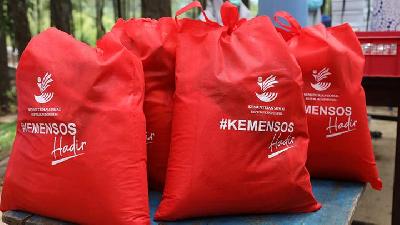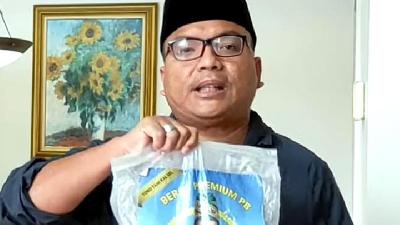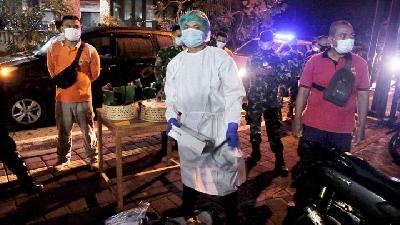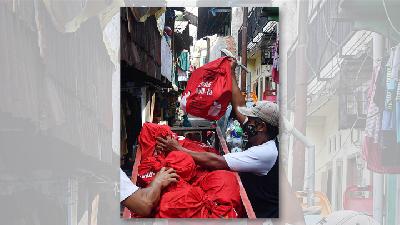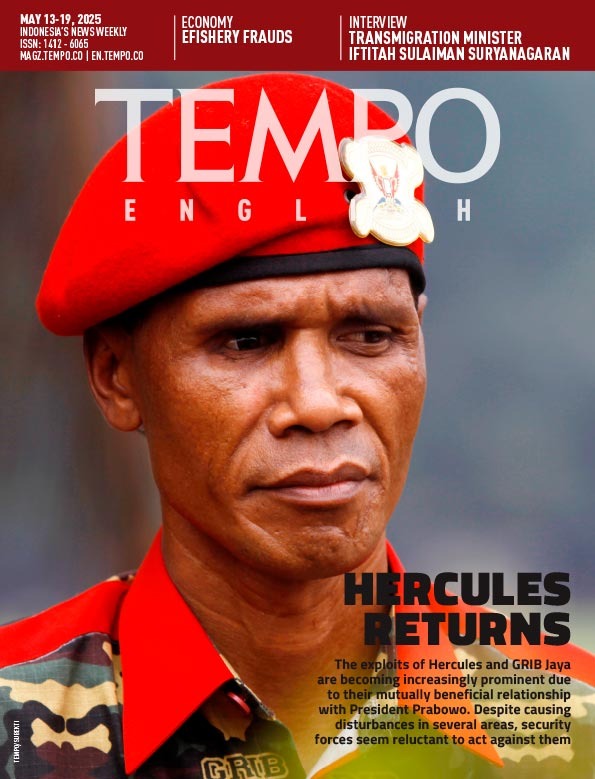Long Holiday Blues
Monday, January 25, 2021
The government extends public activity restrictions (PPKM). Business owners lobby for the PPKM not to be extended.
arsip tempo : 174715698976.
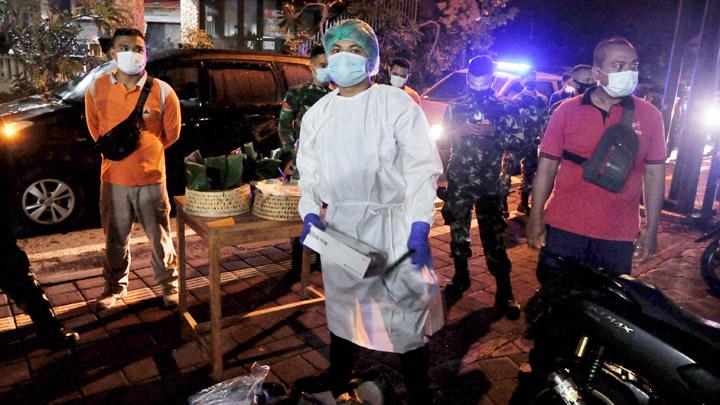
A VIRTUAL meeting was held on Wednesday, January 20, chaired by Coordinating Minister for Maritime Affairs and Investment Luhut Binsar Pandjaitan with several regional heads. The meeting was held to evaluate the implementation of public activity restrictions (PPKM) which has been running for nine days. “A number of governors have proposed for the PPKM to be extended” West Java Governor Ridwan Kamil told Tempo on January 21.
According
...
Subscribe to continue reading.
We craft news with stories.
 For the benefits of subscribing to Digital Tempo, See More
For the benefits of subscribing to Digital Tempo, See More




